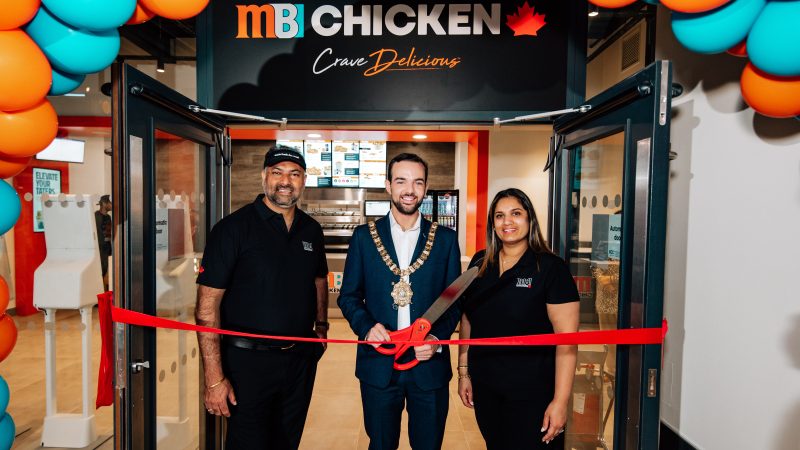Work permit backlog for industries now on track to be cleared

New data from the department shows that throughput of employment permits for non-European Economic Area (EEA) nationals in the year-to-date is now running about three times as fast as last year .
At the end of April, more than 12,000 permits had already been issued, compared to 16,275 in all of 2021, when the department ended the year with more than 10,000 unprocessed applications.
That backlog looks set to be cleared in 2022 as processing time has been cut from an average of 21 weeks to six weeks since the start of the year. A spokesperson said the current processing time would be maintained or improved.
“All flexible resources have now been redeployed to bring down processing times for general employment permit applications and the department expects to see waiting times fall further,” the spokesperson said.
The department was taking longer to process applications due to a combination of remote working, an increase in demand and the HSE cyber attack last summer, which disrupted the system for hiring medical staff from abroad.
Applications for work permits also increased by 69pc to 27,666 in 2021 over the previous year as hospitals and tech multinationals went on a hiring spree to cope with the spike in demand from Covid.
The permits are granted only for roles that cannot be filled from the available labour pool in Ireland and the rest of the EEA.
Permits for IT and health workers still dominate this year, with nearly 3,500 going to tech workers and another 2,700 issued to medical staff.
But permits for agricultural workers are on the rise this year, with nearly 2,000 issued for that sector – one of the largest. Horticultural and meat workers were added to the occupational list for non-EEA work permits last October, leading to an additional 3,000 applications, which has added to the existing backlog.
Some industries, such as haulage and hospitality, have complained that slow processing times were making labour shortages worse.








